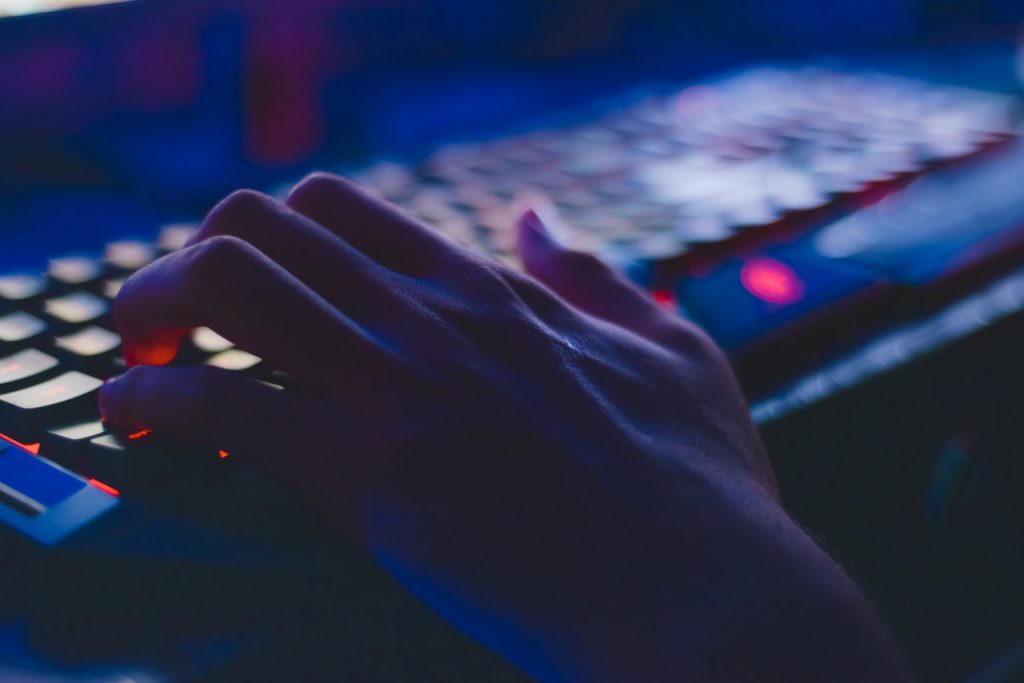Hackers continue to come up with even more sophisticated methods of gaining access to your personal information. No one is completely safe and skilled hackers have even accessed highly protected data from large companies.
But is there a way to make sure that your information is safe from unauthorized access? Luckily, you can find more information online that can offer a few simple measures that you can take to keep hackers at bay.
Let’s consider a few highly effective tips.
- Ensure your passwords are strong
We all prefer to keep our passwords simple to help remember them easily the next time we need them. However, the simpler the password, the easier it is for hackers to gain access.
Use a password generator to come up with a strong password.
Avoid using the same password for multiple accounts. Once a hacker figures out your password he could use it to gain access to your other accounts.
- Use caution with personal information
Some sites will ask you for your personal information such as identity card number or bank information. Be careful with where you fill in this information as some sites are not legitimate and could use the information to gain access to your bank accounts.
- Beware of spam
Emails are one of the easiest ways to send malware. If you notice a link on an email that looks fishy or you have doubts as to the credibility of the sender, practice caution and do not open the email or click on the link. If you run an organization, then consider implementing email management solutions that integrate with the current email service across the board. Such systems can recognize and block any suspicious emails through a variety of techniques like behavioral profiling (read more on https://abnormalsecurity.com/products/inbound-email-protection). Some email providers also allow you to report spam for further investigation.
Furthermore, business dealings through mobile are threatened through spam, virus, and malware as well, which could affect your overall business transactions. Products such as sky encrypted phone could probably help with data security, as such devices can provide flash messaging channels that send message threats, which get encrypted, decrypted, and deleted within 30 seconds, automatically.
- Use antivirus program
One of the most popular ways to prevent hacking, is using antivirus software. The great thing is you can find free software that will provide you with sufficient protection such as Kaspersky, AVG, McFee as well as windows defender. All this without breaking the bank.
- Update your software
Ensure your operating system, programs and apps are always updated. By doing this, you improve their functionality as well as providing you with cybersecurity.
In fact, most updates are usually there to counter security issues. That means your computer exposed to already identified threats when not updated.
Think about it, there is really no need to expose yourself to cyber threats while you can easily update your systems.
- Public Wi-Fi is not safe
People love free stuff and will take advantage of any public Wi-Fi areas they can find. However, hackers can also use these areas to access the information on your device. Imagine conducting bank transactions and a hacker gains access. Not very nice!
Instead, use the more secure mobile hotspots.
- Practice safe online shopping
There is a reason Google treats sites that have secure addresses with more priority. You will even get an alert when you try to access a website that doesn’t have a secure address.
Nowhere is it more important than when purchasing online. As a rule of thumb, websites that deal with bank transfers, electronic fund transfers, or any kind of electronic payment methods must comply with NACHA guidelines (learn more here) that help to keep the sensitive information of the customers safe. If you make a transaction with a company that does not do the above, you could be exposing yourself to fraud. Try to go for sites with HTTPS address.
With highly skilled hackers prowling the internet, these top 7 tips will make sure your personal information remains safe.

 by Carl Bunton 8 years ago
by Carl Bunton 8 years ago 